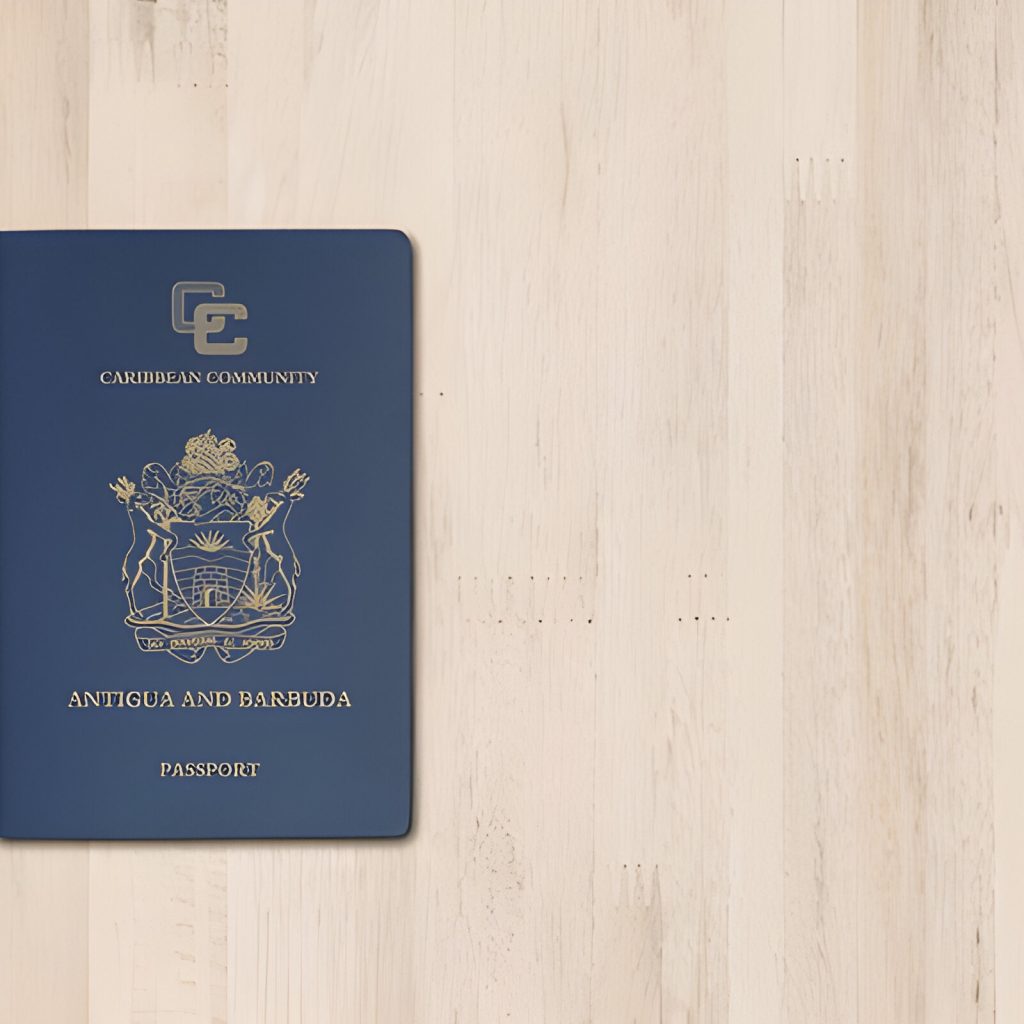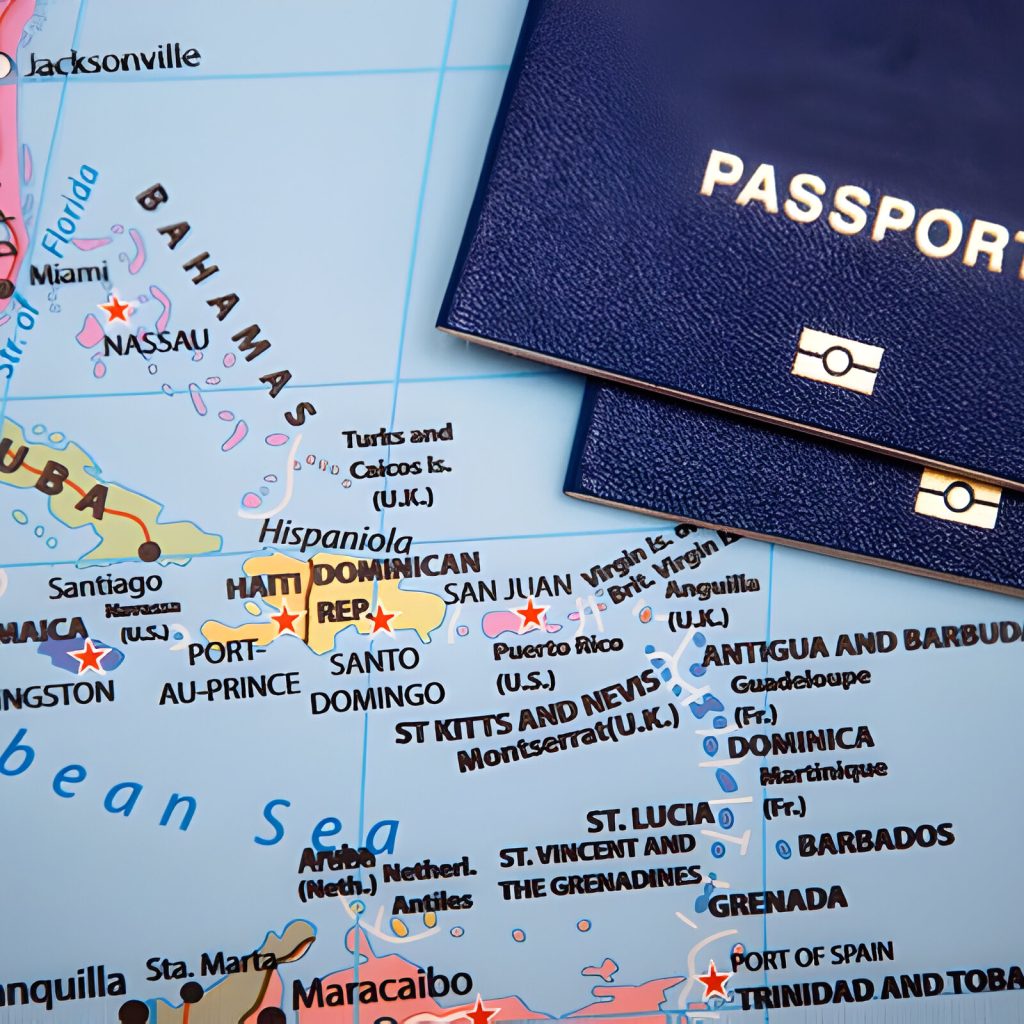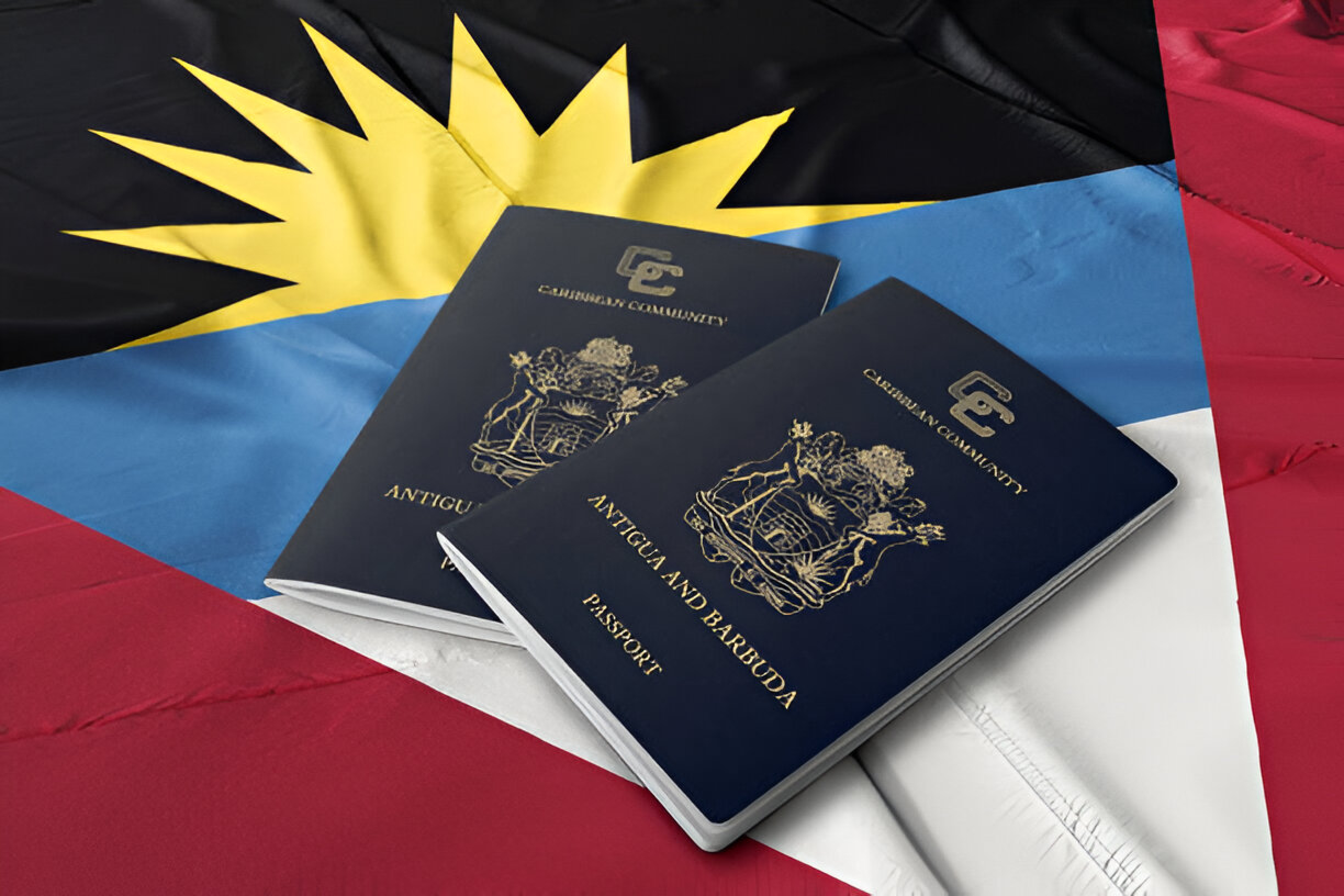Caribbean citizenship by investment programmes (CIPs) are finding themselves in a very peculiar situation, navigating a nuanced landscape. Although these Caribbean countries own their product (in this case, citizenship) and operate the production line through the CIPs, never before have they had so little control over their programmes’ performances.
Why? Because their clients are all foreign, and the marketed value of their product relies on an entirely different sovereign power: the European Union.
Unlike conventional services and products where economic factors predominantly dictate growth and decline, Caribbean CIPs have to ride the waves of geopolitics.
Table of Contents
The Geopolitical Landscape

Caribbean CIP clients mostly hail from the Eastern Hemisphere. The main reason these clients apply for Caribbean CIPs is arguably to gain access to the Western Bloc, particularly the European Union and the United Kingdom. This peculiar value chain makes the situation extremely unique as Caribbean countries need to deal with two extremes on the geopolitical spectrum.
On the one hand, Eastern nations may want to limit their population from applying to Caribbean CIPs, ensuring they monopolize their citizenship and allegiance. Outbound Eastern countries may instill more rigid financial and political regulations that prevent their citizens from applying to CIPs, similar to what we saw in China in the past few years (although that wasn’t the sole purpose of the regulations, it did affect the number of Chinese immigrant investors).
On the other hand, Western powers like the EU and the UK may leverage Caribbean CIPs to exert pressure on their respective governments. The EU, in particular, has been public about its disdain for citizenship by investment, and it has been applying more pressure and imposing “amendment requests” for Caribbean governments to implement in their programmes.
Consequently, Caribbean governments find themselves navigating a delicate balancing act amidst mounting pressures from both ends.
More: Antigua & Barbuda: A Small Nation with Big Dreams
Sovereignty and Control

Therein lies the paradox that has been rattling in my mind: how can I market Caribbean CIPs as a pathway to individual sovereignty when the countries themselves are not able to exercise their own sovereign powers?
If a Caribbean government does what an economic superpower suggests with no questions asked, how can it be a beacon of sovereignty and freedom?
Citizenship is a sacred status to many, a commodity to others, and many other depictions in between. One thing no one can argue with is that granting citizenship is the sovereign right of any state. But if Caribbean CIPs allow foreign governments to dictate the price and the process of granting their citizenship to investors, then they are compromising that sovereignty, and it will be much more difficult to market their citizenship as a pathway to freedom.
As Caribbean countries find themselves at a crossroads, the path forward is far from clear. Do they succumb to the pressure from Western superpowers and let them reshape the CIPs in their vision, or do they move to create more meaningful bonds with Eastern Bloc countries in hopes of gaining more economic and political backing?
The Future of Caribbean CIPs
Regardless of the choice made, the CIPs are what will suffer. Neither East nor West wants the CIPs to exist – each for its own reasons – and smaller Caribbean countries do not have the economic means to grow without the backing of global superpowers.
Amidst this uncertainty, I think the onus is now on CIP marketing agents to change the narrative by downplaying the global mobility of second citizenship and not giving the EU Commission a reason to focus on Caribbean CIPs as much as on other immigration channels. Doing so would also alleviate pressure on Caribbean governments and attract a broader spectrum of investors, not just those interested in visiting Italy three times a year.
More: American Crossroads: Crypto and Citizenship by Investment in Today’s Economy
The Need for Strategic Planning

Sadly, though, I think it is too late for that. The die has been cast, and Caribbean nations must now weather a political hurricane. How they emerge is anyone’s guess, but I think we’ve passed the highs of the CIP Golden Age, and now the Caribbean needs some serious planning and savvy political manoeuvring to get firmly back on track.
“I have always believed that the true benefit of gaining second or third citizenship is having enhanced individual sovereignty – that extra layer of freedom that comes with having more than one country’s passport that in turn allows you more options.”
Conclusion
As Caribbean countries manage the intricacies of the geopolitical spectrum, they have been able to sustain their CIPs up until now. However, this situation cannot continue forever. If the EU, US, and UK come to dictate how Caribbean CIPs should be run and how high they should be priced, then the entire Programme structure may end up becoming rather unattractive.
CIP marketing agents have focused exclusively on enhanced visa-free travel and access to the EU. This myopic focus has created a market awareness based solely on this unique benefit of CIPs and is now coming back to haunt the industry. The worth of a Caribbean passport to the average investor in Dubai or Moscow is now based on its visa-free access to the EU and UK, which is a massive underestimation of the benefits of dual citizenship.
If you want visa-free access to the Schengen Zone, get a golden visa. Obtaining Caribbean citizenship is so much more than just a glorified Schengen Visa, and those marketing agents who have treated it as such now find themselves scrambling to convince their clients that Caribbean countries will maintain that visa-free access, which is not a given, not now, not ever.
I now find myself pondering the very essence of Caribbean CIPs. I have always believed that the true benefit of gaining second or third citizenship is having enhanced individual sovereignty – that extra layer of freedom that comes with having more than one country’s passport that in turn allows you more options.
Recent events have put doubt in my mind. The US government “suggested” six principles that Caribbean CIPs should follow, and they duly complied. The EU has done the same thing (although unofficially as of yet), and St Kitts & Nevis promptly doubled their minimum investments as per the EU’s alleged request.
As we navigate these challenging times, it is clear that Caribbean CIPs need strategic foresight and political acumen to maintain their relevance and attractiveness in an increasingly bipolarized geopolitical environment.


0 Comment